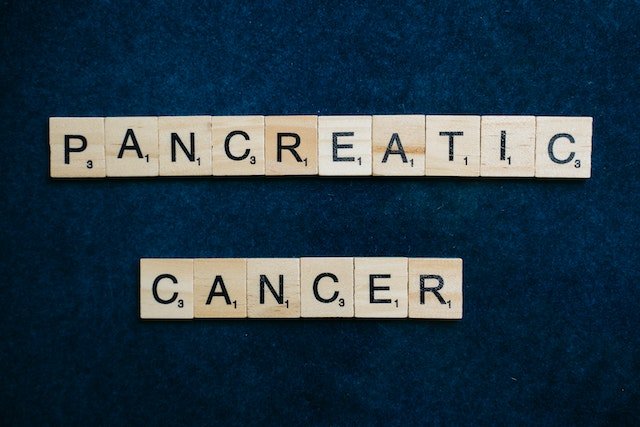
The pancreas is a small flat gland situated behind the stomach in your upper abdomen. It connects to the duodenum and has a tube that drains digestive enzymes into the small intestines. The pancreas also has islet cells that produce insulin, a chemical regulating blood sugar or glucose. Although rare, painful swelling or inflammation can occur in the pancreas suddenly and last for a few days (acute) or can be chronic. If your healthcare provider suspects chronic pancreatitis based on your symptoms, you may require tests such as ERCP Anchorage to confirm the diagnosis.
What are the symptoms of pancreatitis?
Patients with pancreatitis have varying symptoms depending on whether the problem is acute or chronic. If you have acute pancreatitis, meaning it appears suddenly and lasts a few days, you may have signs and symptoms such as:
- Abdominal pain radiating to your back
- Fever
- Rapid pulse
- Pain in your upper abdomen
- Fever
- Abdominal soreness or tenderness
- Nausea
- Vomiting
Signs and symptoms of chronic pancreatitis include:
- Unintended weight loss
- Upper abdominal pain
- Steatorrhea. Your stools may have an oily smell
- Worsened abdominal pain after eating
What causes pancreatitis?
Pancreatitis results from the activation of digestive enzymes in the pancreas, irritating the pancreas cells and causing inflammation. An inflamed pancreas can cause the release of toxins and inflammatory cells that can damage the heart, lungs, and kidneys. Repeated bouts of inflammation can eventually damage the pancreas, causing chronic pancreatitis. When scar tissue forms, the pancreas loses function, leading to digestion problems and diabetes. Gallstones and alcoholism are the common causes of pancreatitis, but this condition can also result from:
- Certain medications
- Infections
- Abdominal injury
- Cystic fibroids
- High calcium levels due to an overactive parathyroid gland
- Pancreatic cancer
Risk factors for pancreatitis
- Smoking. Smoking cigarettes makes you three times more likely to develop pancreatitis than people who do not smoke. The good news is that you can reduce your risk by about half if you quit smoking.
- Obesity. Being overweight puts you at risk of pancreatitis. Maintaining a healthy weight can help lower your risk of this condition and other problems like hypertension and diabetes.
- Diabetes. Diabetic patients are at a higher risk of pancreatitis compared to other people.
- Heavy alcohol drinking. Consuming four to five drinks a day puts you at risk of pancreatitis.
- Family history. If you have blood relatives with chronic pancreatitis, your odds of developing the same problem are higher.
Possible complications of pancreatitis
Pseudocyst: Cyst-like pockets of fluid and debris can collect in your pancreas. A large cyst that ruptures can cause internal bleeding and infection.
Infection. Inflammation of the pancreas makes it more vulnerable to bacteria. Infection of the pancreas is severe and requires surgery to remove the infected tissue.
Breathing problems: An inflamed pancreas causes the release of toxins that can affect lung function. When you have breathing problems, oxygen levels in your blood can fall to dangerous levels.
Kidney failure: Pancreatitis can affect kidney function. Severe cases of kidney failure require dialysis to filter waste from the blood.
Malnutrition: Pancreatitis causes your pancreas to produce fewer enzymes needed to break down and process nutrients from foods you eat. You may have diarrhea and unintended weight loss even when eating the same foods.
If you have further questions about pancreatitis, consult your healthcare provider at Pioneer GI Clinic.
